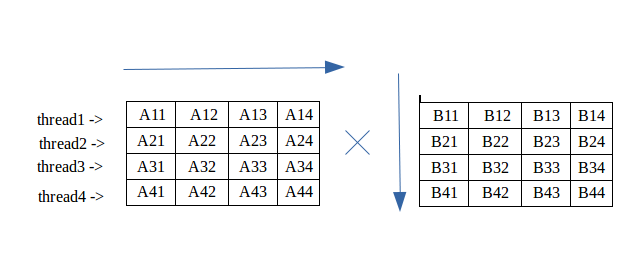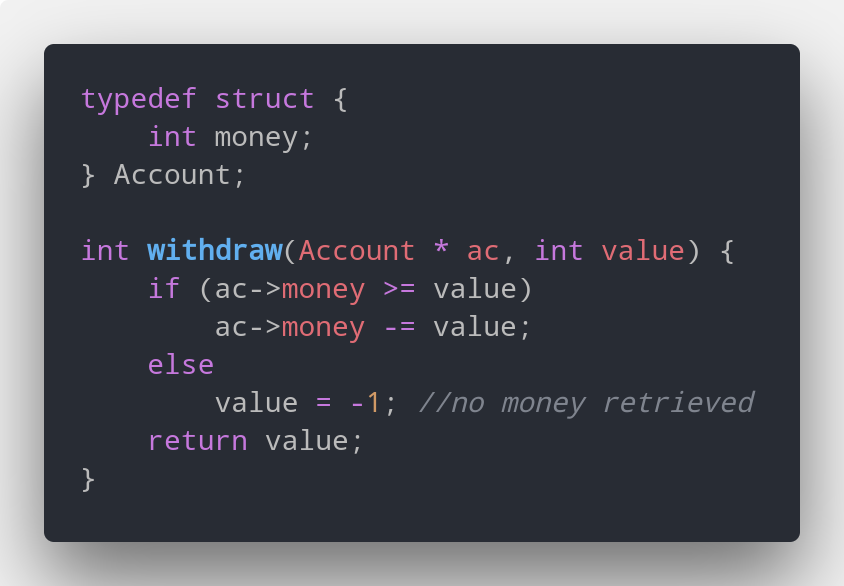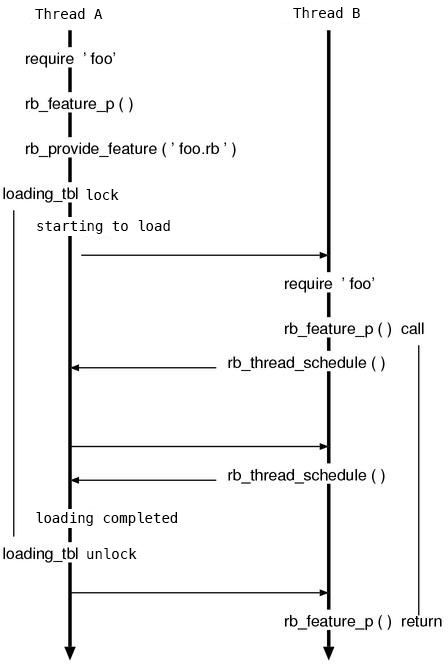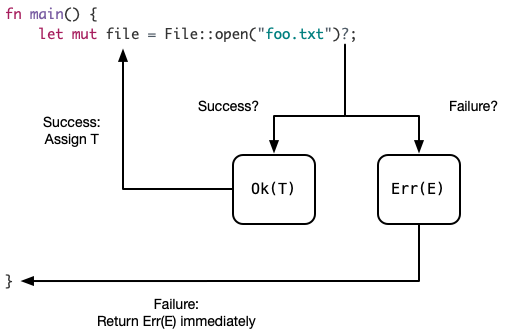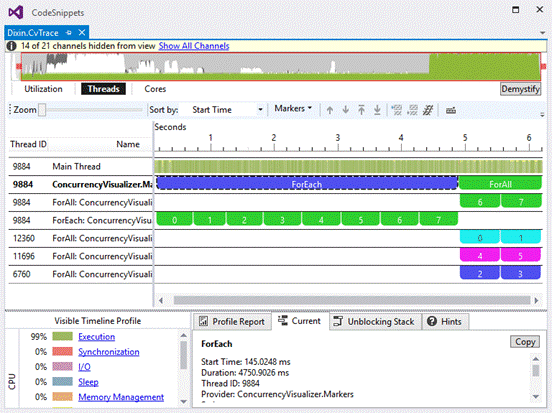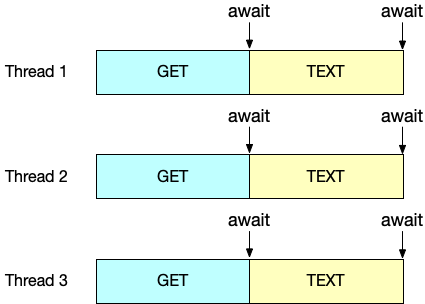Ruby Return Value From Thread

Obtaining the value of a future is a potentially blocking operation.
Ruby return value from thread. Threads are the ruby implementation for a concurrent programming model. New puts whats the big deal. The only requirement of call is the value is returned at the end of the call. For example we can create a new thread separate from the main thread s execution using new.
For example we can create a new thread separate from the main thread s execution using new. When you create a ruby proc it captures the current execution scope with it. The ruby programming language and the specific threading model of. Retrieving the value of a future is done through the value alias.
Notice that you still have to wait for the command to finish unless you run it inside a thread. This concept which is sometimes called closure means that a proc will carry with it values like local variables and methods from the context where it was defined. 6 updated with jörg s sept 2011 comment. How to use fork exec to run external commands on a separate process.
These two examples will return a string with the output of the ls command. Programs that require multiple threads of execution are a perfect candidate for ruby s thread class. Threads ruby thread return value. Multiple calls to get will not cause the task to be rerun in the thread.
New puts what s the big deal. When the get method of future is later called the future will either have the value immediately if the task runs quickly as in this case or will wait until the value is done generating. Ruby procs lambdas also have another special attribute. Then we are able to pause the execution of the main thread and allow our new.
Programs that require multiple threads of execution are a perfect candidate for ruby s thread class. When a future is rejected a call to value will return nil immediately. To start a new thread just associate a block with a call to thread new. Does ruby have real multithreading.
Then we are able to pause the execution of the main thread and allow our new. You seem to be confusing two very different things here. Usr bin ruby for i in 0 5 if i 2 then break end puts value of local variable is i end this will produce the following result value of local variable is 0 value of local variable is 1 value of local variable is 2 ruby next statement syntax next jumps to the next iteration of the most internal loop. Ruby threads are a lightweight and efficient way to achieve concurrency in your code.



